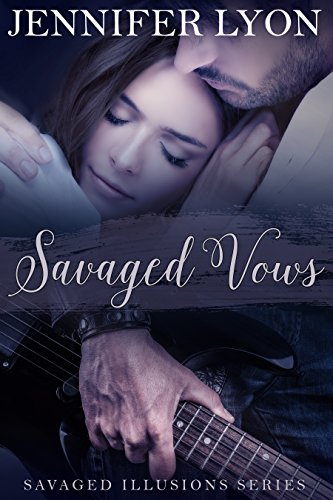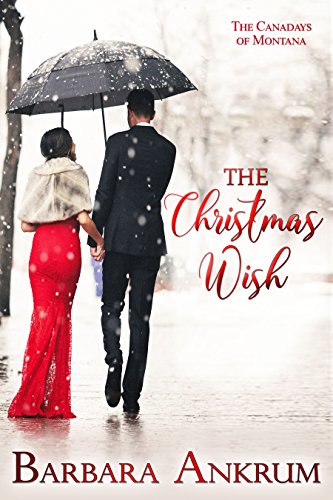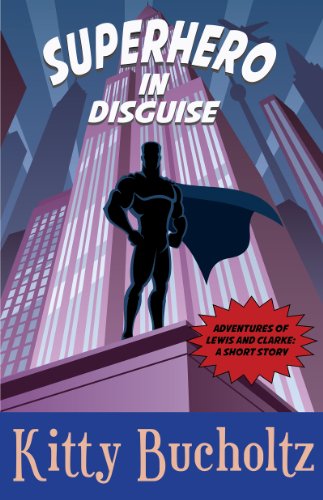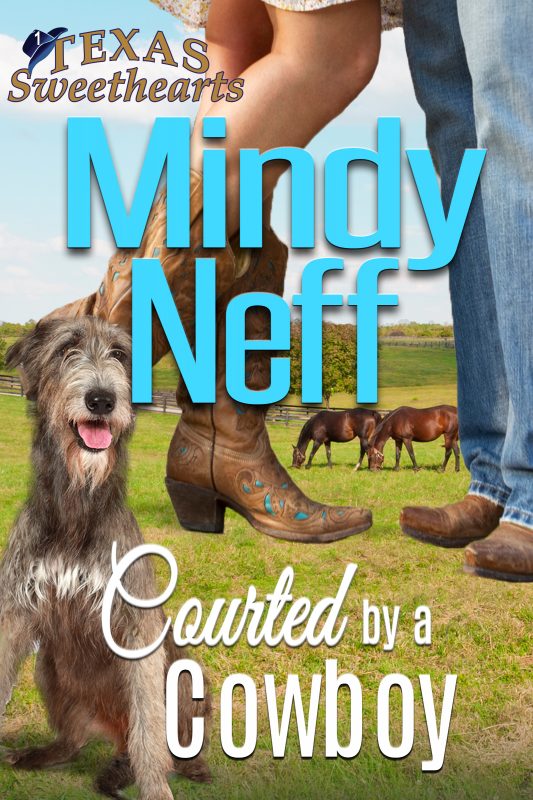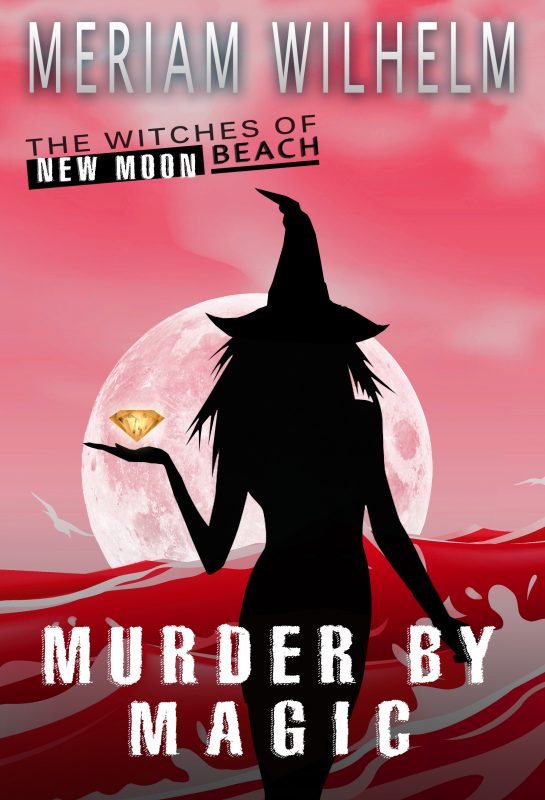Sensitivity Editors
April 30, 2017 by The Extra Squeeze in category The Extra Squeeze by The Extra Squeeze Team tagged as H.O. Charles, Jenny Jensen, Rebecca Forster, Robin Blakely, Sensitivity Editors, The Extra Squeeze
Ever wonder what industry professionals think about the issues that can really impact our careers? Each month The Extra Squeeze features a fresh topic related to books and publishing.
Amazon mover and shaker Rebecca Forster and her handpicked team of book professionals offer frank responses from the POV of each of their specialties — Writing, Editing, PR/Biz Development, and Cover Design.
April’s topic for The Extra Squeeze Team came from this article in the Chicago Tribune.
What does the Extra Squeeze Team think about Sensitivity Editors?

Rebecca Forster
USA Today Bestselling author of 35 books, including the Witness series and the new Finn O’Brien series.
When I was a new author, I received a letter from a reader accusing me of being racist for using a certain adjective to describe a character of color. I was disturbed because I had offended the reader but upon reflection, I came to believe I had done nothing wrong.
I take my craft very seriously, choosing every word carefully to create a deeply visual reading experience and to express various points of view. If sensitivity editors become the norm, I will begin to second guess those words and the result will level a playing field that should be filled with intellectual and emotional obstacles. I believe it is better for a reader to close a book and to reject a writer’s work than to hobble the creative exploration of the world around us.

Jenny Jensen
Developmental editor who has worked for twenty plus years with new and established authors of both fiction and non-fiction, traditional and indie.
Part of editing is sensitivity — to the tone of the book and to the needs of the market. I’ve worked on manuscripts where the content is offensive. I ask myself, is that offensive to me, or to the market?
I’m not in the business of censorship; my personal sensibilities are not the point. However, as a story editor it is my business to point out when the narrative is boring, adds nothing, or employs language that is likely to offend the intended market.
‘Sensitivity’ is relative. To edit only for insensitive material blurs, to near invisibility, the line between editing for good writing and suppression of open expression. A good editor will point out insensitivity. It is up to the author to accept or reject the edit.
Robin Blakely
PR/Business Development coach for writers and artists; CEO, Creative Center of America; member, Forbes Coaches Council.
I am in the business of promoting author brands, so my interest in the trend of hiring a sensitivity editor is focused on the impact such a thing can have on author PR and book publicity. To cut to the chase, I’m not a fan—yet.
Here’s why… For many readers, a book can help reflect what is wrong in the world even if the author was not trying to paint the picture of the world that the book ultimately reveals. Straight up, I think most readers are smart and I know they deserve to be treated with honesty and extreme care. From a PR perspective, it is important to me that the reader always meets the real author—no masks. That means reader/writer relationships must be authentic to the writer and genuinely tied to the writer’s real work. Readers trust real and I trust that most writers are sensitive enough to choose words that accurately reflect their point of view and their reality.
If the author is heavily censored, overhauled, and cloaked by a sensitivity editor, then the reader is shaking the hand of a gloved stranger. From a PR-perspective, I have encountered authors who need a wake-up call regarding the impact of their voices and their word choices. Sensitivity editors can offer feedback that broadens the author’s awareness. Or, the sensitivity editor can enable the author to be masked in a way that is unfair to the buyer of the product.
Many years ago, as a young mom, I encountered a parenting handbook that had not been edited by a sensitivity editor. The medical expert was biased against me. The author’s words perpetuated the myth that infertility was a cosmic sign and that chronic childhood illness, particularly asthma, should be largely blamed on the parent, especially if the mom was a working mother. Luckily, I was not hurt by that book’s lack of sensitivity editing; in fact, I believe I was protected by the lack of it. The author’s own uncensored words made it easy for me to discern that he was not good enough to offer advice to me about my baby. I threw that book away and found a better author.
Today, when I am asked: “sensitivity editor or not?”; I like to say: “That’s up to you.” I remain on the fence. I don’t like censorship…but, I don’t like dumb stereotypes either—especially hurtful stereotypes about young moms, children with chronic illness, people of color, single parents, older adults, immigrants, communities of faith, families living in rural areas, or the inner cities, or the suburbs. When it comes to sensitivity, there are as many stereotypes as there are people. The real world is not very sensitive. As a reader and as a PR professional, I like to know exactly who wrote the words I am reading…and if you had to use a sensitivity editor, I would likely wonder why.
H.O. Charles
Cover designer and author of the fantasy series, The Fireblade Array
I think there are two types of offensive content in this context. One is where the author knowingly intends to shock or set a certain tone by using language that some/many will consider offensive. The second is unknowing offence, where the author – either through ignorance or accident – employs language/story lines that are unintentionally patronising to, or dismissive of, one group of people. The sensitivity readers in that article seem to be dealing exclusively with the second type, and my initial response is: Great! An editor like that will help the writer produce a contemporary novel that speaks from the social outlook we should be aiming for today (even if we write historical fiction). On the other hand, this sounds like research the author should have already done themselves. If the author is writing about a specific group of people who use language in a manner that is different from their own, then surely that writer should have researched such a group thoroughly already? Perhaps employing a sensitivity reader instead of doing one’s own research is easier now we have the interwebs, and it involves less travelling, so there’s that(!).
But the downside is that the writer will be relying upon the opinion and outlook of **one** reader. I do not believe I represent ALL northerners (in the UK, that is), and while I may be worried about stereotypes of people from Yorkshire having low educational attainment, the next Yorkshire person might think it is even worse to be conflated with a Lancastrian! And then there are the Scots, who are technically northerners in the UK too, and could feel the term’s applicability to Yorkshire/Lancashire reflects the Englishman’s arrogant tendency to forget they exist…
Another thing worth considering is that the nature of offence changes over time, and in spite of our best attempts, no single book will ever be truly inoffensive to everyone. What we write innocently today may be judged differently tomorrow (let’s imagine, for example, that meat-eating or using gendered pronouns becomes abhorrent to future generations – how would that alter the way you write your characters?!). That’s not to say we should abandon conveying our own sense of morality in our novels, or rejoice in our own ignorance, or that we should aim for anything other than the best book we can write, just that we should be aware that pleasing everyone for all the years to come is impossible.
What do you think of Sensitivity Editors? Scroll down to the comment section and tell us what you think.
If you would like to know more about Sensitivity Editors, here are a few links:
Do you have a question or topic for The Extra Squeeze Team? Use the form below to send in your ideas.
Character Flaw(less)
February 16, 2017 by Rebecca Forster in category The Write Life by Rebecca Forster tagged as #amwriting, Rebecca Forster
0 0 Read more
10 Things NEVER TO DO When Writing
September 15, 2014 by A Slice of Orange in category Archives tagged as Rebecca Forster, the writing process
WHAT A CHARACTER
August 15, 2012 by A Slice of Orange in category Archives tagged as character, characterization, Rebecca ForsterWhat A Dog!
May 15, 2012 by A Slice of Orange in category Archives tagged as Animals, cats, Craft, dogs, horses, Pets, Rebecca Forster, thrillers, writing |
| My grand dog Tucker |
As an author and a reader I had to ask myself: Why is a book that includes animals richer, more entertaining, and more engaging than one without? The answer was simple: Animals bring out the best and the worst in a human character. This makes for great drama and provides an emotional touch point that is critical for an exciting read.
Max-the-Dog (his legal name) was originally created as a reflection of Josie, his mistress. Both had been abandoned, both had to fight for their lives, both were protective of others. But Max became so much more than Josie’s mirror as the series unfolded.
Here are four ways Max made a difference in the witness series:
HE ENHANCED HUMAN CHARACTERIZATION: Those who attack him were inherently more evil than a bad guy who ignored him. Those who love Max were more admirable because they cared for and protect him.
HE WAS AN ANIMATED SOUNDING BOARD: Internal dialogue can be tedious. Allow a character to speculate to an animal and the rhetorical questions or monologues sound natural.
HIS PRESENCE SET A TONE: A scene tone can be set by the way a human character speaks to or interacts with an animal counterpart. A whispered warning creates a much different tone than a screaming command; a languid pet conjures up different visions than a playful ruffling of fur.
HE HELPED MOVE THE PLOT FORWARD: An animal’s needs can put a human in a place they might not have been in. For instance, in Privileged Witness, Josie took Max out for his evening constitutional and ran into her fugitive client who was hiding outside. Without Max, Josie would have no reason to go outside and never would have discovered her client. An animal’s heightened senses can also assist a human to warn of danger or alert a human to a change in their surroundings.
From The Hound of the Baskervilles to Lassie and Blue Dog, My Friend Flicka and The Black Stallion, The Cheshire Cat and Puss-in-Boots, animals have frolicked as humans, served to reflect human frailties and strengths, and just plain worked their way into reader’s hearts because of who they are.
So, to the kind lady who was concerned about Max, have no fear. He will never come to a violent end. No matter what happens to him, his presence or lack thereof, will be a decision motivated by story and plot and, of course, love, because Max is as real to me as if he sat at my feet while I wrote my stories.
*Hostile Witness is free for all e-readers and is also available in print.
1 0 Read more
Affiliate Links
A Slice of Orange is an affiliate with some of the booksellers listed on this website, including Barnes & Nobel, Books A Million, iBooks, Kobo, and Smashwords. This means A Slice of Orange may earn a small advertising fee from sales made through the links used on this website. There are reminders of these affiliate links on the pages for individual books.
Search A Slice of Orange
Find a Column
Archives
Featured Books
THE CHRISTMAS WISH
Will Eve find it’s possible that Christmas wishes aren’t only for little girls?
More info →MURDER BY MAGIC
The word outsider describes Ola Mae Masters to a T.
More info →Newsletter
Contributing Authors
Search A Slice of Orange
Find a Column
Archives
Authors in the Bookstore
- A. E. Decker
- A. J. Scudiere
- A.J. Sidransky
- A.M. Roark
- Abby Collette
- Alanna Lucus
- Albert Marrin
- Alice Duncan
- Alina K. Field
- Alison Green Myers
- Andi Lawrencovna
- Andrew C Raiford
- Angela Pryce
- Aviva Vaughn
- Barbara Ankrum
- Bethlehem Writers Group, LLC
- Carol L. Wright
- Celeste Barclay
- Christina Alexandra
- Christopher D. Ochs
- Claire Davon
- Claire Naden
- Courtnee Turner Hoyle
- Courtney Annicchiarico
- D. Lieber
- Daniel V. Meier Jr.
- Debra Dixon
- Debra H. Goldstein
- Debra Holland
- Dee Ann Palmer
- Denise M. Colby
- Diane Benefiel
- Diane Sismour
- Dianna Sinovic
- DT Krippene
- E.B. Dawson
- Emilie Dallaire
- Emily Brightwell
- Emily PW Murphy
- Fae Rowen
- Faith L. Justice
- Frances Amati
- Geralyn Corcillo
- Glynnis Campbell
- Greg Jolley
- H. O. Charles
- Jaclyn Roché
- Jacqueline Diamond
- Janet Lynn and Will Zeilinger
- Jaya Mehta
- Jeannine Atkins
- Jeff Baird
- Jenna Barwin
- Jenne Kern
- Jennifer D. Bokal
- Jennifer Lyon
- Jerome W. McFadden
- Jill Piscitello
- Jina Bacarr
- Jo A. Hiestand
- Jodi Bogert
- Jolina Petersheim
- Jonathan Maberry
- Joy Allyson
- Judy Duarte
- Justin Murphy
- Justine Davis
- Kat Martin
- Kidd Wadsworth
- Kitty Bucholtz
- Kristy Tate
- Larry Deibert
- Larry Hamilton
- Laura Drake
- Laurie Stevens
- Leslie Knowles
- Li-Ying Lundquist
- Linda Carroll-Bradd
- Linda Lappin
- Linda McLaughlin
- Linda O. Johnston
- Lisa Preston
- Lolo Paige
- Loran Holt
- Lynette M. Burrows
- Lyssa Kay Adams
- Madeline Ash
- Margarita Engle
- Marguerite Quantaine
- Marianne H. Donley
- Mary Castillo
- Maureen Klovers
- Megan Haskell
- Melanie Waterbury
- Melisa Rivero
- Melissa Chambers
- Melodie Winawer
- Meriam Wilhelm
- Mikel J. Wilson
- Mindy Neff
- Monica McCabe
- Nancy Brashear
- Neetu Malik
- Nikki Prince
- Once Upon Anthologies
- Paula Gail Benson
- Penny Reid
- Peter J Barbour
- Priscilla Oliveras
- R. H. Kohno
- Rachel Hailey
- Ralph Hieb
- Ramcy Diek
- Ransom Stephens
- Rebecca Forster
- Renae Wrich
- Roxy Matthews
- Ryder Hunte Clancy
- Sally Paradysz
- Sheila Colón-Bagley
- Simone de Muñoz
- Sophie Barnes
- Susan Kaye Quinn
- Susan Lynn Meyer
- Susan Squires
- T. D. Fox
- Tara C. Allred
- Tara Lain
- Tari Lynn Jewett
- Terri Osburn
- Tracy Reed
- Vera Jane Cook
- Vicki Crum
- Writing Something Romantic
Affiliate Links
A Slice of Orange is an affiliate with some of the booksellers listed on this website, including Barnes & Nobel, Books A Million, iBooks, Kobo, and Smashwords. This means A Slice of Orange may earn a small advertising fee from sales made through the links used on this website. There are reminders of these affiliate links on the pages for individual books.






